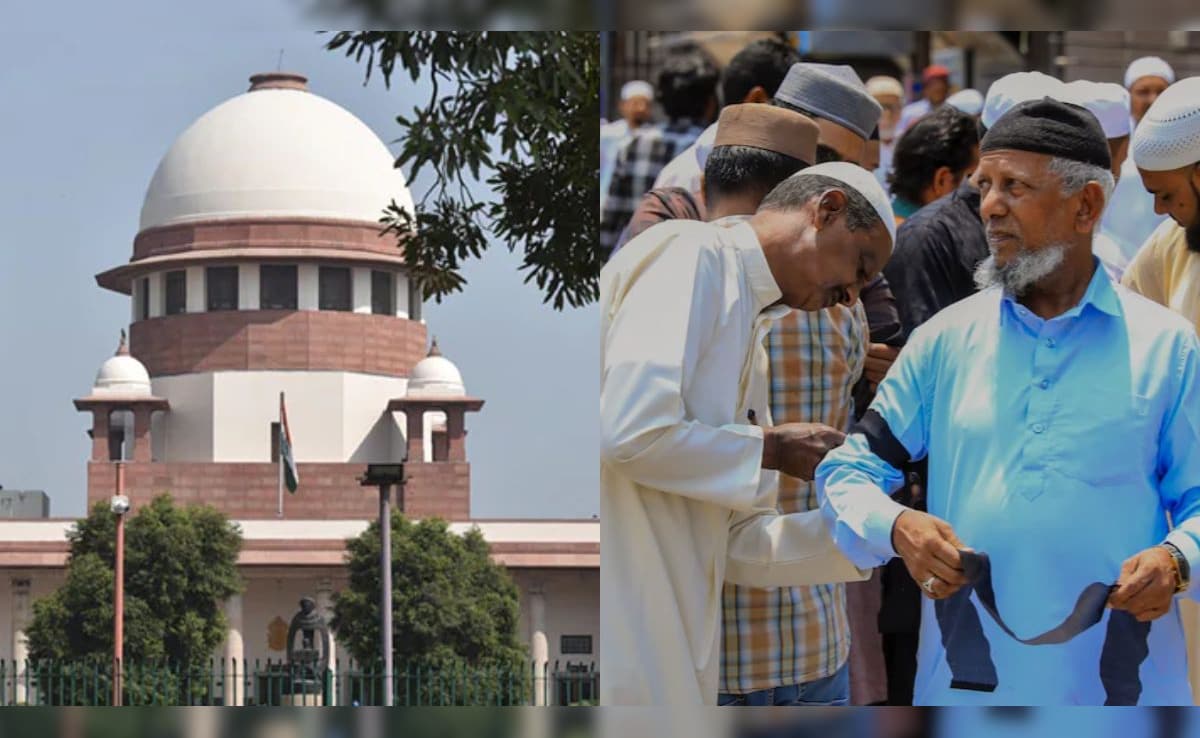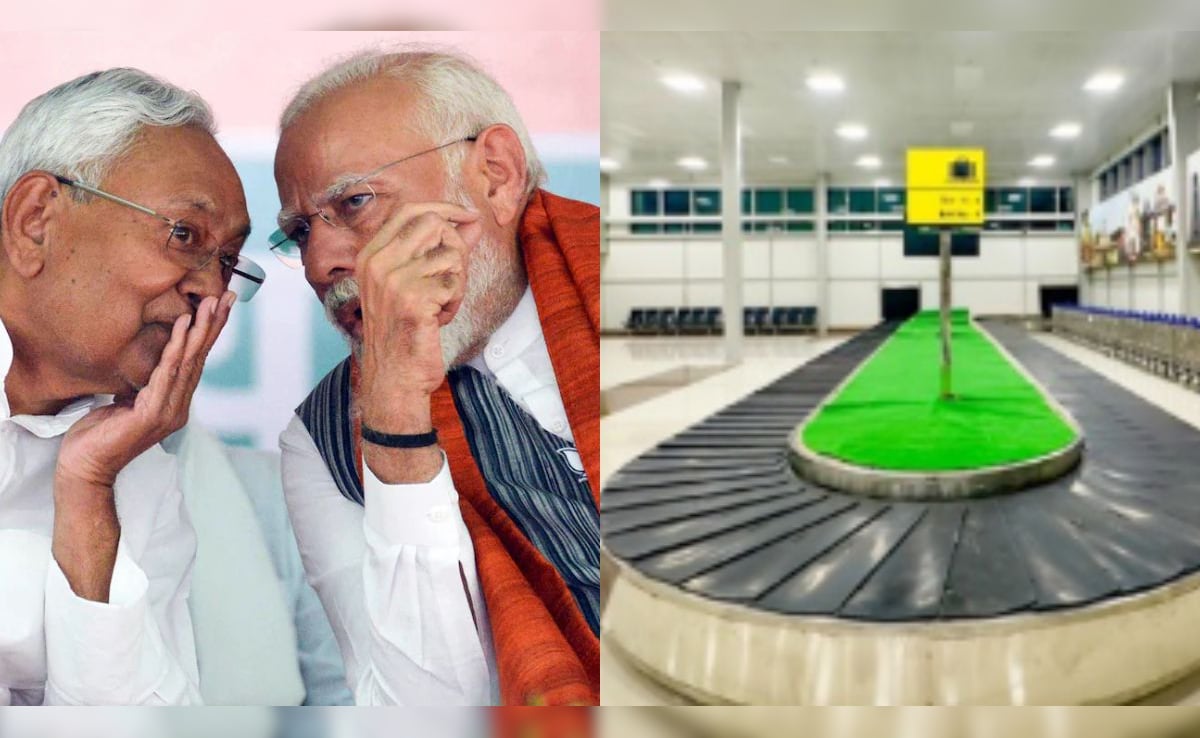Key provisions in the Waqf (Amendment) Act, which sparked nationwide protests, have been paused as the Supreme Court flagged that some of them will lead to “arbitrary” exercise of power. The bench of Chief Justice of India BR Gavai and Justice AG Masih said it found no case was made out to stay the whole statute, but “some sections need some protection”. These provisions have been paused till the petitions challenging the constitutionality of the Act are decided.
Flagging the sweeping powers granted to a district Collector in the new law, the court said, “The Collector cannot be permitted to adjudicate the rights of personal citizens, and this will violate the separation of powers. Till adjudication happens by the tribunal, no third-party rights can be created against any party. The provision dealing with such powers to the Collector shall remain stayed.”
The new law had empowered the District Collector as the final arbiter in issues related to Waqf property ownership. “Where the Collector in his report mentions that the property, wholly or in part, is in dispute or is a Government property, the waqf in relation to such part of property shall not be registered, unless the dispute is decided by a competent court,” the law says. Muslim bodies protesting against the Act had flagged this provision and said it would lead to a surge in illegitimate claims on Waqf properties.
The bench also said that not more than three non-Muslim members should be included in a Waqf board, and not more than four in the Central Waqf Council.
Chief Justice Gavai said the clause in the law that said only a person practising Islam for at least five years may declare a Waqf must also be paused. “Without any mechanism, it will lead to an exercise of arbitrary power,” he noted.
The court noted that its “presumption is always in favour of the constitutionality of a statute” and an intervention must be done only in the “rarest of rare cases”.
Amendments to the 1995 Waqf law, which cleared Parliament and got the President’s assent in April, had sparked massive protests across the country, with Muslim bodies terming the amendments unconstitutional and a conspiracy to capture Waqf land. The government had trashed these allegations and said many Waqf properties are caught in major land disputes and flagged encroachment. The Centre said that the new law aimed to iron out these issues.
Among the petitioners who had challenged the Waqf Amendment Act is the All India Muslim Personal Law Board, a key organisation of Muslims. Its member, Syed Qasim Rasool Ilyas, said the points the board made had been accepted by the top court “to a large extent”. “Our point on ‘Waqf by User’ has been accepted. Along with this, our point on protected monuments has also been accepted, that there will be no third-party claim. The five-year amendment that was imposed has been removed, and along with this… I want to say that by and large, many of our points have been accepted, and we think that there is satisfaction to a large extent,” he told news agency ANI.




